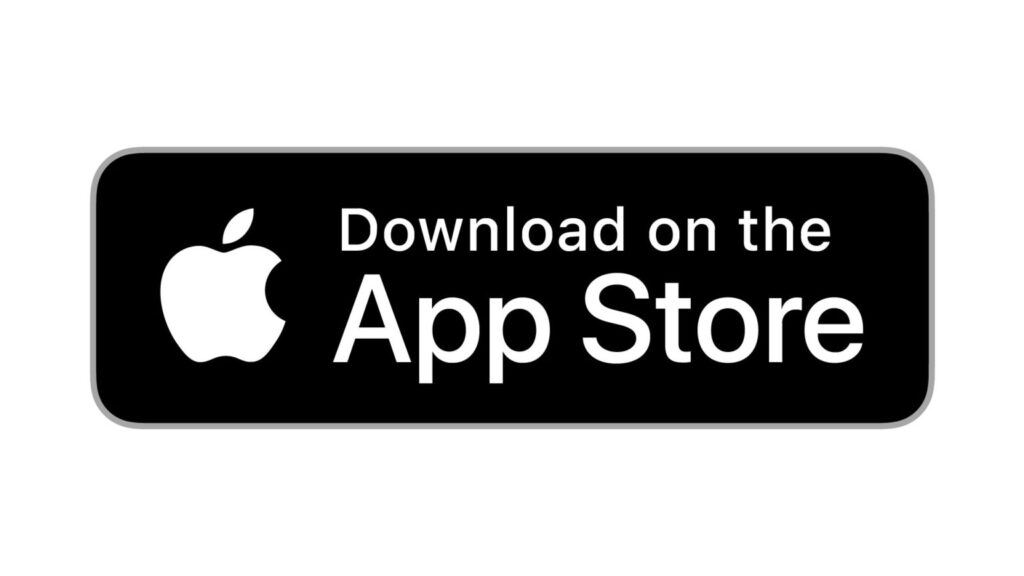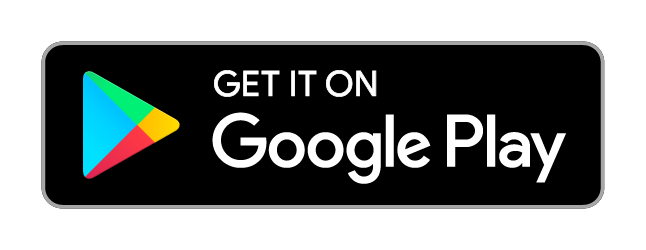Hello friends!
As we continue our exploration of the transformative journey to recovery from alcohol, we now venture into the crucial territory of boundaries with family and friends. This intricate dance between connection and self-preservation is a cornerstone of your path to healing. Additionally, we’ll delve into the concept of self-care—a compass that guides you through the storms of recovery and anchors you to your inner strength.
For me, boundaries have been very hard to establish. Most of my life I stumbled through relationships, oblivious to the importance of boundaries. I had no idea what they were, let alone how to establish them. This lack of understanding led to a series of unhealthy dynamics leaving me emotionally drained, questioning my worth. It wasn’t until my late twenties that I embarked on this transformative path of self-discovery.
Learning about boundaries was like discovering a hidden treasure within myself. At first, it was excruciatingly difficult. I faced internal resistance, fearing rejection and conflict. Saying “no” felt alien (did you know “no” is a full sentence? I’ll elaborate in another blog). With each tentative step I gained confidence. Slowly, I set boundaries in my personal and professional life. I learned to communicate my needs, express my feelings, and prioritise self-care without guilt.
As I became more used to defining my limits a remarkable shift occurred. I felt a newfound strength and a sense of empowerment. Toxic relationships fell away, making room for healthier connects. I attracted individuals who respected and supported my boundaries, creating an environment of mutual understanding, respect and growth.
Now, at 30, I savour the fruits of my journey. I live a life filled with authentic connections, self-love, and a deep sense of fulfillment. Establishing and maintaining boundaries has become second nature, shaping my relationships and fostering a love that is both profound and healthy. This journey, though challenging, has been the key to unlocking a fulfilling and balanced life.
Now, the balancing act.
Navigating relationships during recovery can be a delicate process, especially when it comes to those closest to us—family and friends. Establishing healthy boundaries is not only essential for your well-being but also integral to fostering a supportive environment for your journey. Here’s a few tips to get you started:
- Open Communication: Begin by fostering open communication. Share your commitment to recovery with your loved ones, explaining the need for boundaries to create a space conducive to your healing. Transparency is the cornerstone of understanding.
- Defining Personal Limits: Understand your own limits and clearly define what constitutes a healthy boundary for you. It may involve setting limits on certain topics of conversation, specifying the kind of support you need, or establishing the importance of alone time for self-reflection.
- Educate Your Circle: Help your family and friends understand the nature of addiction and recovery. Education dispels misconceptions and empowers them to provide the right kind of support. Knowledge becomes a bridge to empathy and understanding.
- Seek Professional Guidance: In some cases, family therapy or counselling may be beneficial. Professional guidance can facilitate conversations about the impact of addiction on relationships and help establish clear and mutually agreed-upon boundaries.
- Reassurance and Reinforcement: Reassure your loved ones that setting boundaries is not a rejection of them but a necessary step for your healing. Reinforce your commitment to the recovery journey and the positive changes you’re striving to make.
Now, what does this look like in practice? I’ll outline 5 scenarios below and a polite way to establish boundaries:
- Define Your Limits Clearly:
Scenario: Your family expects you to host every Christmas gathering, and the pressure is taking a toll on your well-being (in reality, it may be one of the reasons that you drink). In a family group chat, express that while you appreciate family tradition, you would like to propose a rotation system for hosting or suggest exploring alternative arrangements, ensuring everyone plays a part in the responsibilities and allowing you to maintain a healthy balance in your life. (P.S don’t budge!!!)
- Learn to Say No with Confidence
Scenario: You’re out to dinner with friends and you’re happy with the soda & lime you’ve chosen to drink – Your friends oblige “C’mon, its one drink!”. Firmly, but politely say “No, thank you”.
I know it sounds so simple, and I know this comes with shame comments, and it comes with even more pressure – but honestly, throw that pressure back on them! It’s not yours to deal with – remember most of the time when you’re trying to get free of something, it makes it more obvious to the people judging you that they have no self control, they will shame you and try to drag you down to their level, but don’t let them! Be empowered by your choice and keep your goals in mind!! YOU HAVE GOT THIS!
- Communicate your needs
Scenario: A friend invites you to go out for drinks on a weeknight when you had planned for a quiet evening at home (plus you don’t drink anymore but you don’t want to divulge this information, and possible open a can of worms) Politely decline the invitation, explaining that you’ve committed to prioritising your wellbeing during the week by having restful evenings. Suggest an alternative, like a weekend brunch or a coffee catch-up, which aligns better with your goals, and maintain recovery. By communicating your down time, you maintain the friendship while ensuring your recovery journey remains a priority.
There is an incredible book called Boundaries by Dr Henry Cloud and John Townsend “When to Say Yes, How to Say No – to take control of your life” – it changed my life! It helped me put so much into perspective; I highly recommend! They’ve written a version for boundaries with family, in marriage, with kids, and boundaries for leaders!
As I reflect on my personal journey of establishing boundaries, I am compelled to share that the transformation wasn’t just about saying no or setting limits; it was a metamorphosis of self-discovery, self-worth, and genuine connections.
Learning to articulate my needs and stand firm in my convictions wasn’t an easy feat, but the rewards were immeasurable. The walls I built were not barriers but bridges to healthy relationships. As I navigated the delicate dance of setting boundaries, I discovered the liberating power of saying no without guilt and the art of prioritising self-care without an apology.
If I could leave you with anything, it would be that, whilst scary, setting healthy boundaries in one of the most rewarding journeys you could undertake, a gift you give yourself and those around you. I invite you to embark on this journey; your future self will thank you.
In Strength and Love,
Mila



